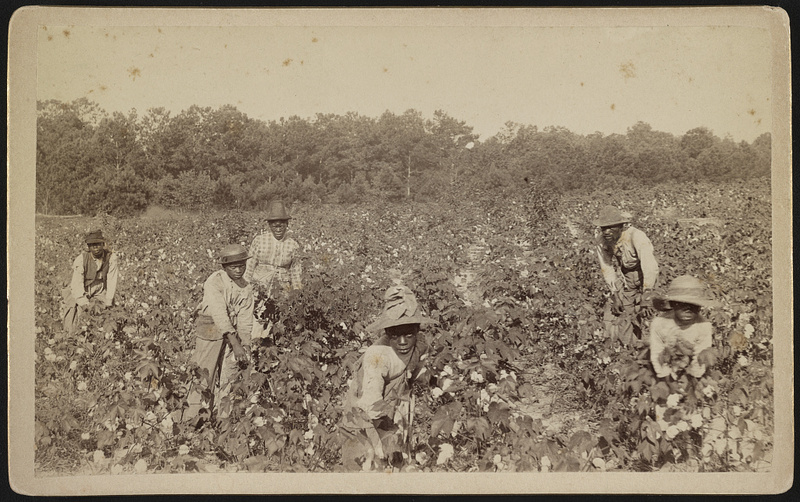Conclusion
Placed in a larger context, R.C. Mason becomes an indivisible part of an intellectual slave society that shaped understandings about women, slaves, and medicine. His interest in menstruation for his dissertation can be tied to the reproductive interests of slave-holders and the exploitative practices of 19th century doctors. It similarly reflects the ever-intertwining relationship between academic institutions, racial theory, and the slave-driven economy. R.C. Mason had every motivation to participate in the subjugation of enslaved Blacks as a land-holding enslaver who practiced medicine. His political influence benefitted from the antebellum set up as well, and it is with its demolition that R.C. Mason then loses his fortune. To separate himself from this context is to rob oneself of understanding the man and his choices more thoroughly.
